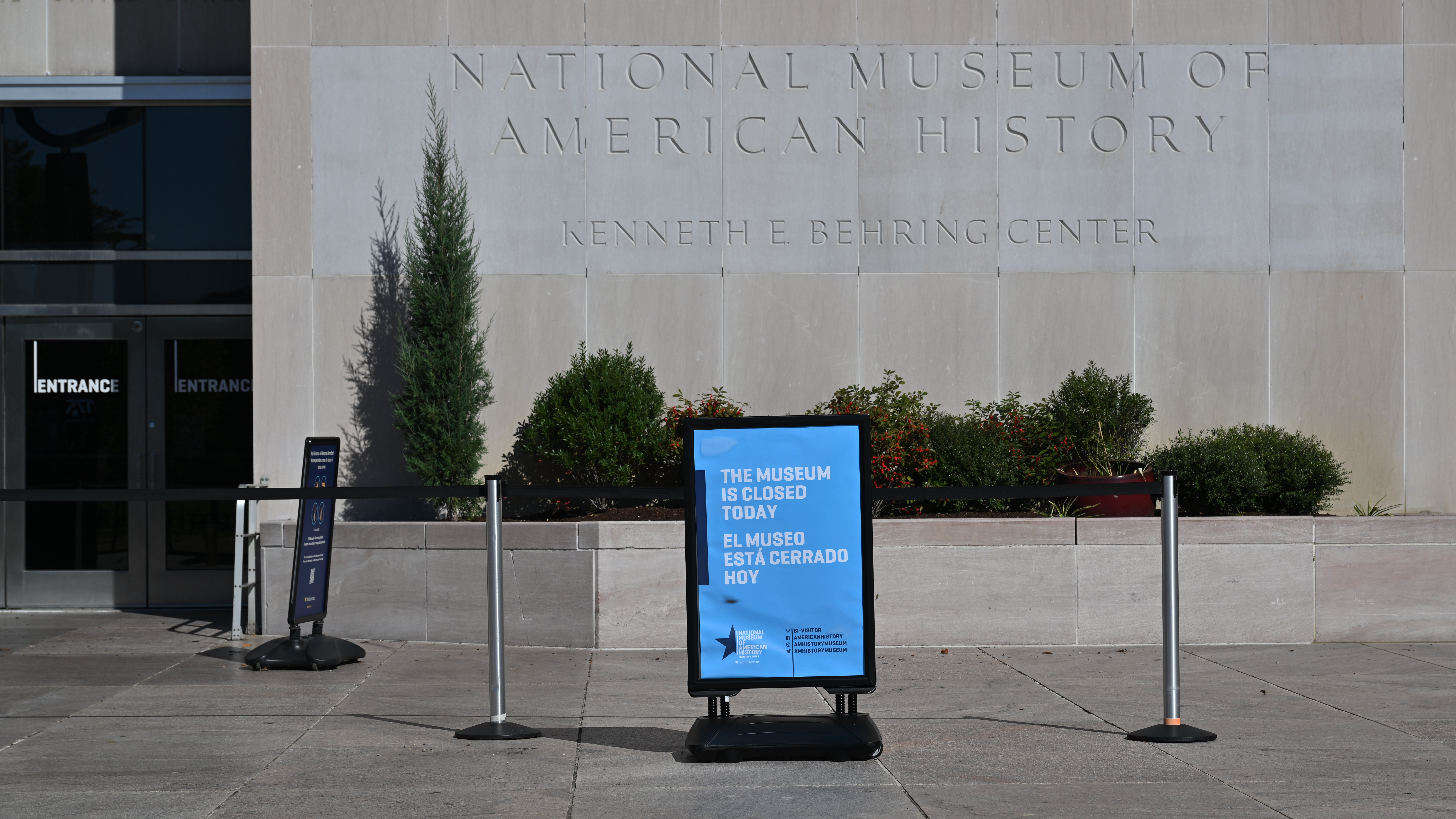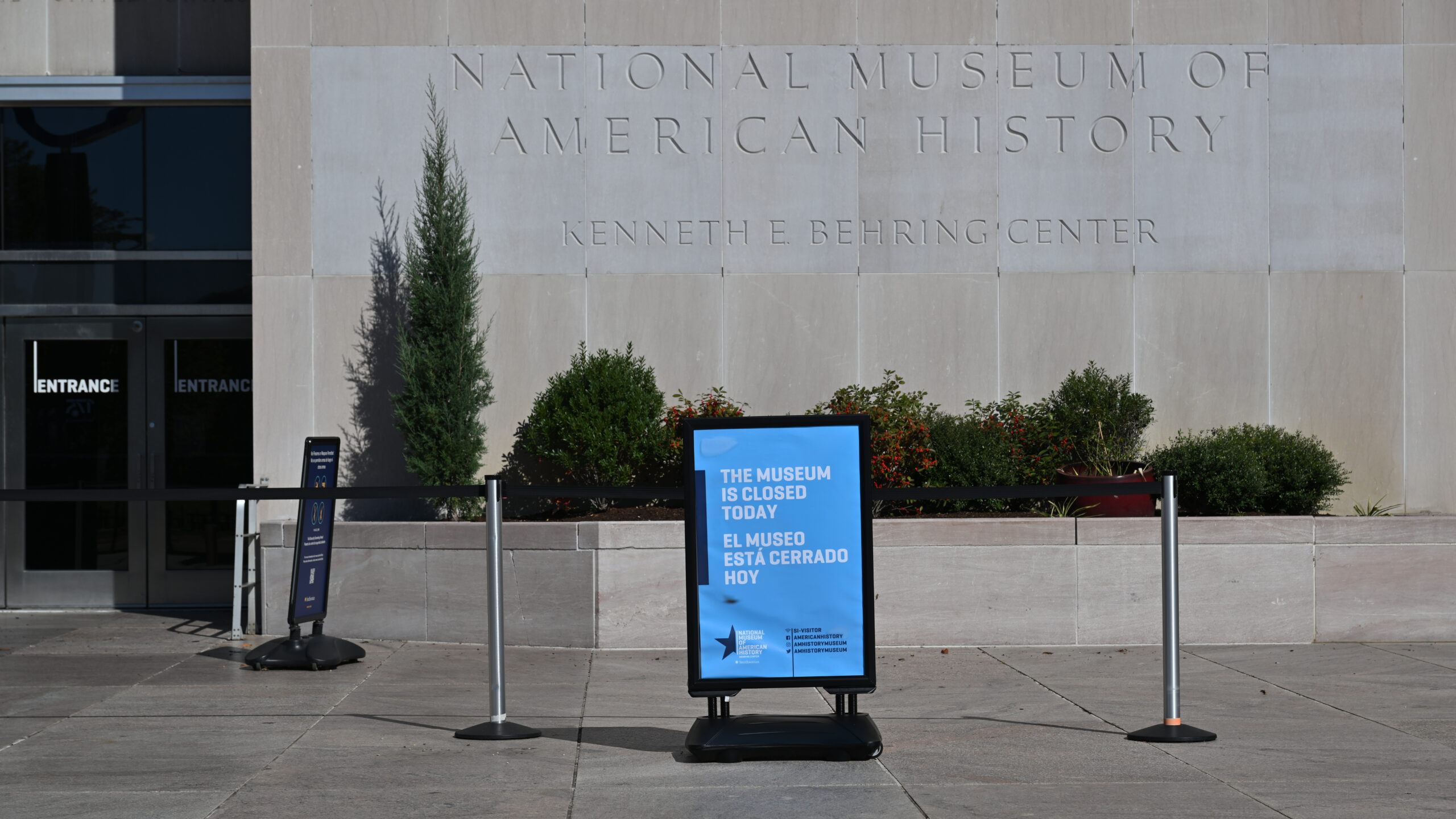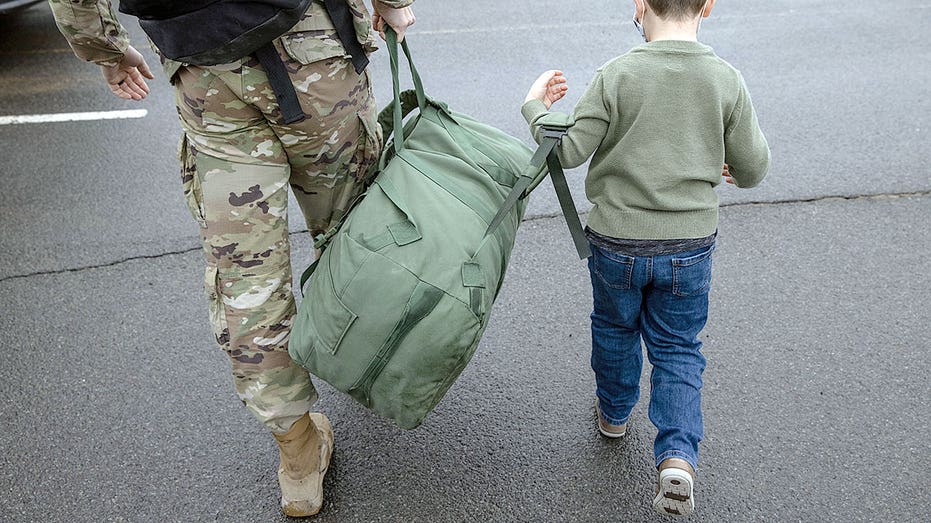
The Ripple Effects of the Government Shutdown: Military Families Abroad Suffer
Introduction
Amid the political stalemate in Washington D.C., the global ramifications of the government shutdown are being felt profoundly, especially among military families stationed overseas. While President Donald Trump has taken steps to ensure that U.S. troops receive their paychecks, others, including educators and support staff, face uncertainty and hardship.
Dire Conditions in Existing Educational Facilities
Donna Irwin, a substitute teacher at a naval base in Italy, articulates the gravity of the situation. “It has been absolutely terrible to watch and the morale at the school is low,” she stated, reflecting the sentiments of educators working under stressful conditions.
DoDEA’s Commitment Amid Uncertainty
The Department of Defense Education Activity (DoDEA) oversees an extensive network of 161 schools located across 11 countries, seven states, and two territories. These schools provide education to nearly 900,000 military-connected children, with around 67,000 enrolled and supported by over 14,000 employees. Jessica Tackaberry, DoDEA’s communications operations chief, emphasized their commitment to offering a “world-class education” while acknowledging the challenges faced by employees working without pay.
Challenges Faced by Educators and Support Staff
As the shutdown lingers, many educators struggle not only with the professional demands of their roles but also the financial implications of halted paychecks. Irwin considers herself fortunate that her husband, a sailor, continues to receive a paycheck, but they are forced to adapt to living on half of their usual income. “Especially out here, you feel forgotten because we are here to support that mission,” she explained, addressing the integral role these workers play in maintaining the functionality of military installations.
Living Abroad: Unique Difficulties for Military Families
For American families living abroad, the situation becomes even more complex. Restrictions often limit their ability to pursue second jobs, and the distance from family exacerbates the stress of financial strain. Many have found themselves explaining to European landlords why they are unable to pay rent or cover utility bills due to the shutdown. “We oftentimes forget about all those little auto-pay things we have,” Irwin noted. Challenges such as canceling services, including streaming subscriptions and car insurance, become necessary as families reassess their budgets.
Prioritizing Education: The Resilience of DoDEA Educators
In spite of these adversities, educators remain steadfast in their commitment to their students. Many continue to prioritize student needs, taking on the financial burden of providing essential school supplies and snacks. Irwin, who teaches in a special education classroom where fundamental life skills like cooking and cleaning are part of the curriculum, finds herself increasingly frustrated with the lack of resources. “I have no budget for any of that in my current classroom,” she said, explaining that she resorts to purchasing necessary items herself despite her own financial constraints.
The Emotional Toll on Students
The emotional landscape for students in these military-connected schools is equally concerning. Irwin observed, “The saddest thing for me is watching my students come in, and they don’t fully understand everything that’s happening with the government and with politics. To see them worried about having meals is heartbreaking.” The uncertainty of their circumstances directly affects students, who often struggle to grasp the larger implications of the shutdown.
Conclusion: A Call for Attention
The ongoing government shutdown has highlighted the often-overlooked struggles faced by military families abroad, who not only cope with the demands of service but also navigate financial insecurity and emotional distress. As the shutdown continues, the resilience and dedication of educators like Donna Irwin serve as a testament to the commitment of those who support military families. Without immediate attention and resolution, the impact of the shutdown may linger long after the political stalemate has ended, leaving military families in a quandary that extends far beyond financial concerns.

















